(This article was originally written for International Women’s Day 2020 on 8th March 2020 but updated for Diversity Month)
For women, seeing “International Women’s Day” adopted by brands for little reason other than to look like they’re a forward-thinking, respectable company, is more insulting than it is empowering. The day becomes likened to International Ice Cream Day and National Toothache Day… National Days that serve little use other than to fizzle out on social media like a damp firework. However, International Women’s Day serves as a reminder for the efforts women before us have had to muster in order to get on a more equal pegging with our male counterparts.
Across the tech industry, there are women fighting to get their voices heard, and listened to with just as much weight. We’ve asked them about their experiences, and how they think the landscape for females in tech has changed and looks to change in the future.
For us, listening to others’ voices is fundamentally what International Women’s Day should be about. Here’s what some very influential women in our sector had to say:
Meet the women in tech
Helen Pollitt – Arrows Up
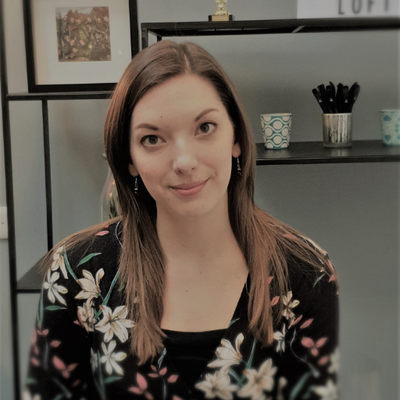
SEO consultant, trainer, conference speaker and writer. General evangeliser of digital marketing. MD at @ArrowsUpUk. Now lecturing at the University of Kent.
Susan Hallam – Hallam
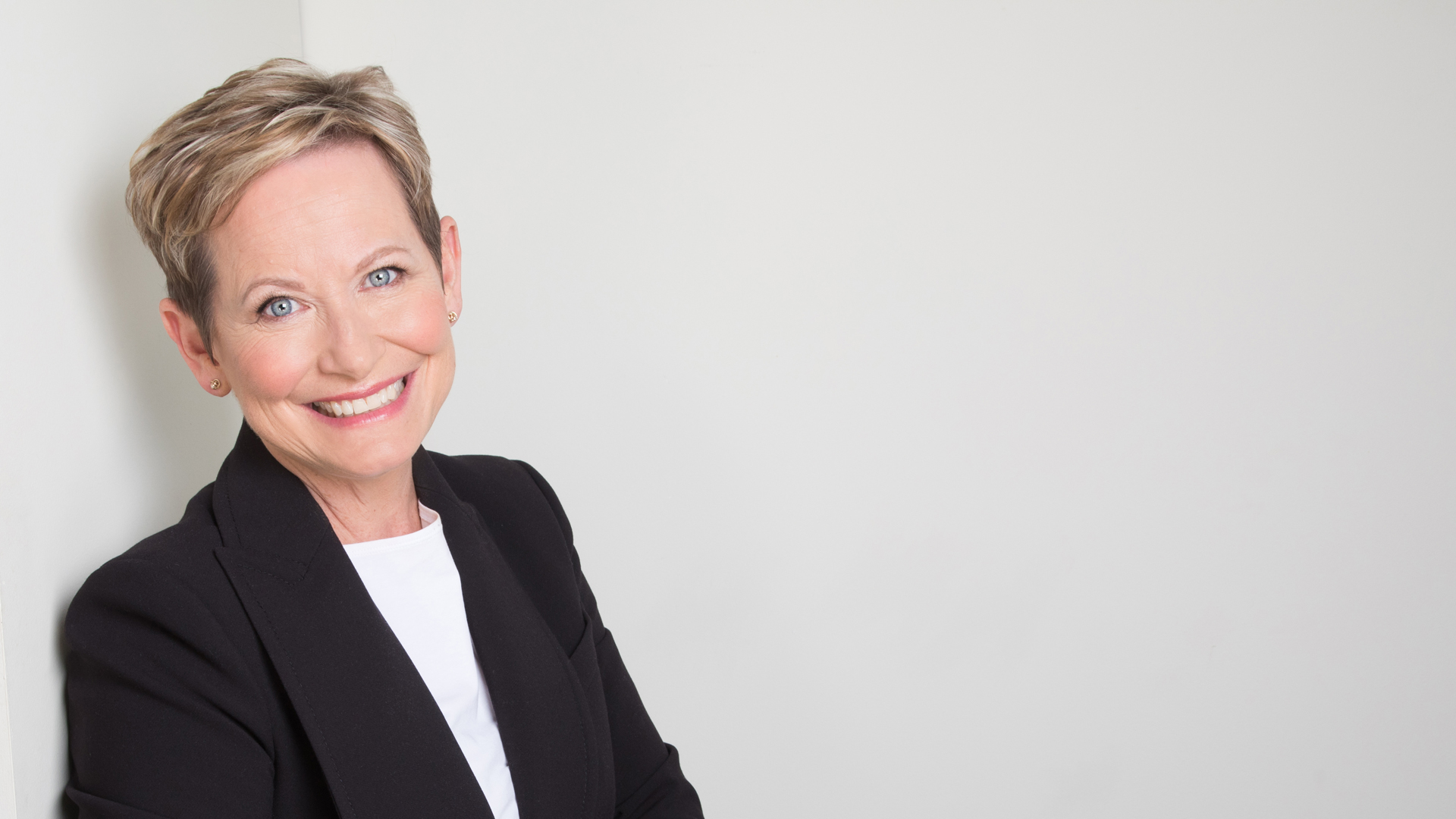
With more than 30 years’ experience working in the digital industry, Susan Hallam is a leading influencer in the Internet world. She is a practising digital marketing consultant, a public speaker, and Managing Director of Hallam, one of the UK’s leading digital agencies.
Chloe Fair – Impression
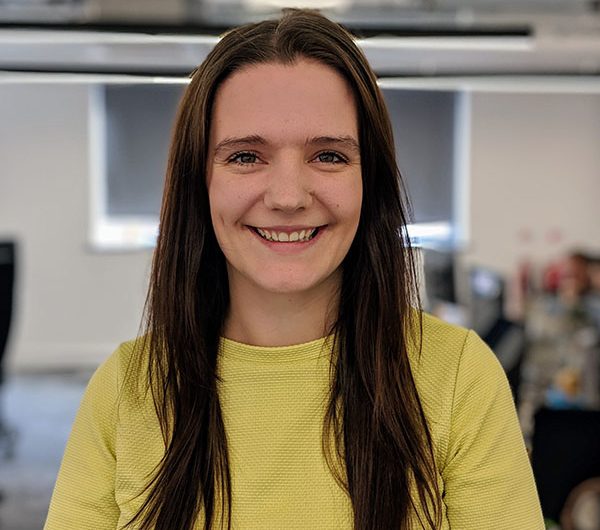
Chloe Fair is an SEO strategist at Impression, a digital marketing agency based in Nottingham. Chloe has over 6 years experience in SEO where she specialises in international SEO and keyword and content mapping, working with international businesses to rank well in multiple markets. When she’s not SEOing Chloe is likely to be hosting a dinner party or trying to get a new PB at the gym!
Anoushka Singh – Microsoft

Anoushka has over 13 years’ experience at Microsoft. She originally started in an operational role, deeply entrenched within the world of data, finance and analytics. However, she was unable to resist the lure of sales and currently works as a Partner Development Manager for UK Channel Partners, identifying marketing and sales opportunities that support companies selling Microsoft Advertising to SMB clients.
Odolena Kostova – Google

Odolena works for Google as a Google Ads Specialist helping their UK-based partners with product expertise. Before Google, she worked as a global online acquisition manager for Hult International Business School. She also has a blog and a YouTube channel and recently wrote a book called “How to Advertise Like a Social Media Agency.”
Arianne Donoghue – Tempest Marketing
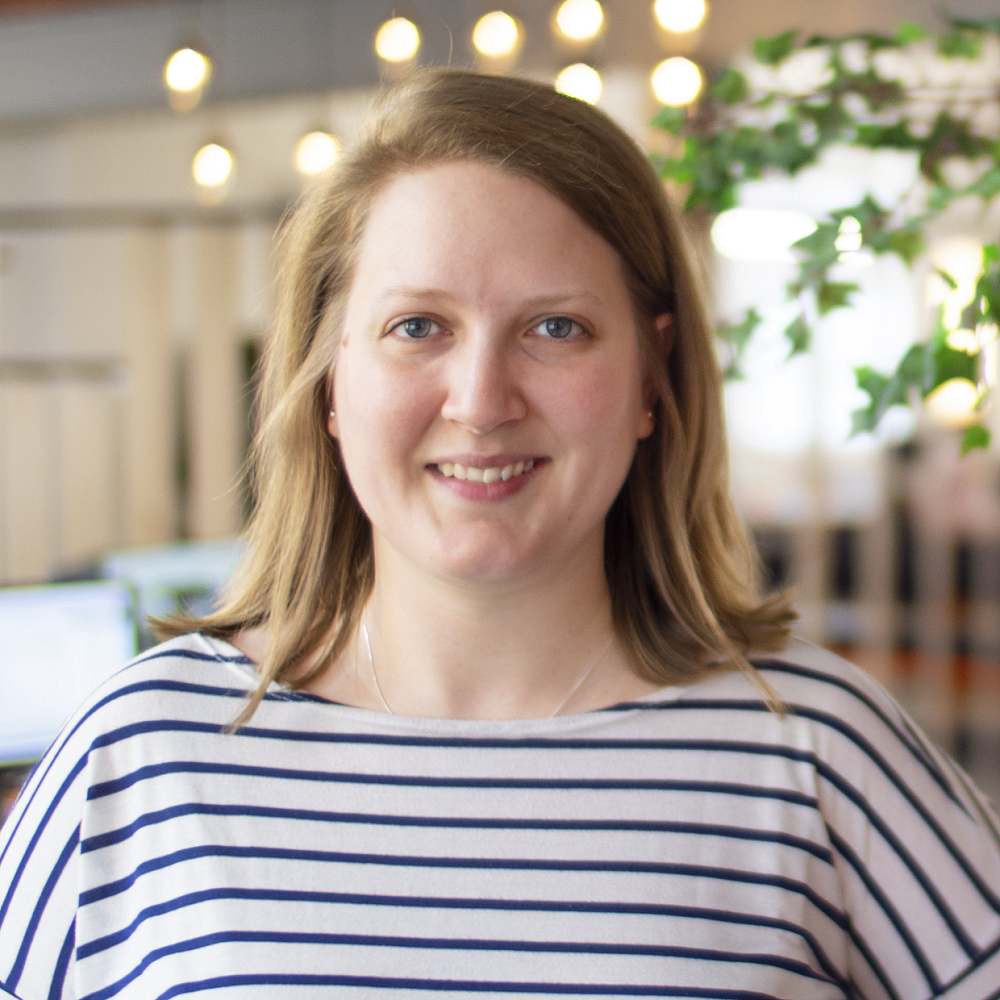
A veteran of 14 years’ experience in the industry, Arianne has worked for some of the UK best-known agencies and most-loved brands. She’s passionate about helping teams and businesses do the best work they can, through driving strategy, integration and inclusion. Arianne now runs her own small consultancy where she helps agencies and brands maximise their potential.
Emma-Louise Fusari
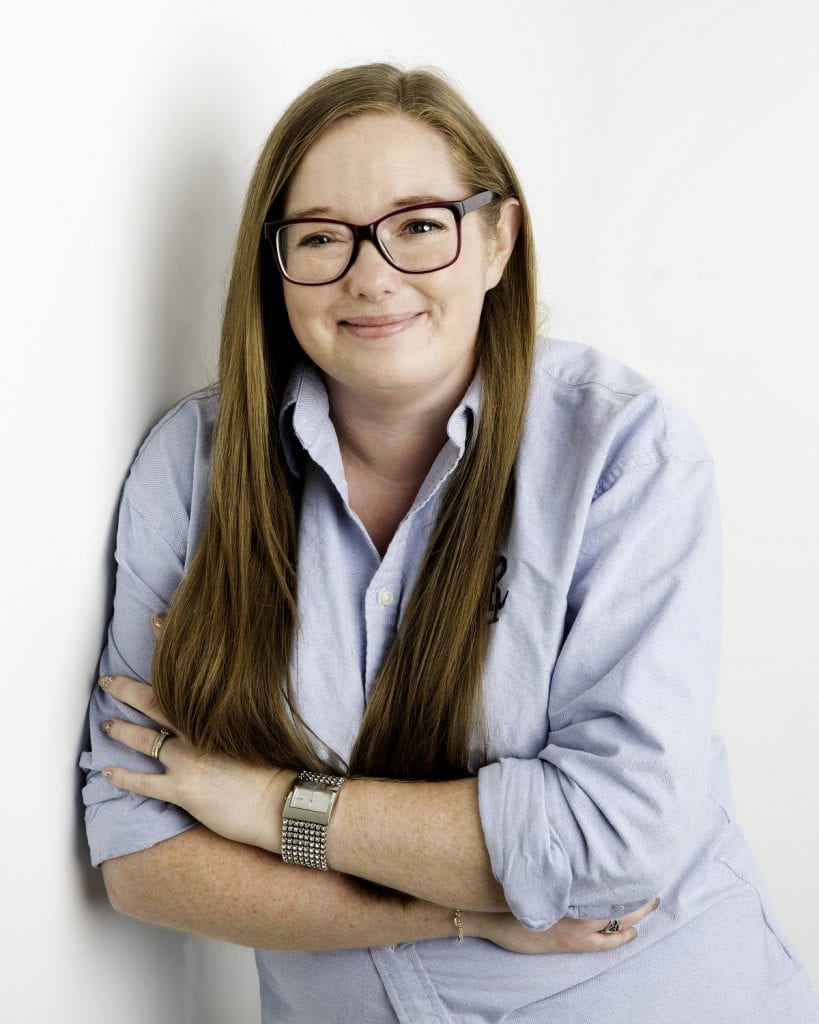
A nurse for 18 years, Emma has a passion for health promotion and education. Her company In-House Health advises and supports Digital and Tech organisations with their workplace health and wellbeing. Taking a personalised and preventative approach, employee health data is used as the foundation for all health and wellbeing strategy and initiatives – Getting to the root cause of problems, yielding improved engagement, productivity, creativity and profitability.
The questions
1. Why do you think it’s important for more women to join the tech industry?
Susan: Only 19 per cent of jobs in the UK tech sector are held by women at present, although they have a much higher representation in start-ups. Change is happening at the grassroots level, but it needs to happen faster. The push to get more diversity in this industry is only getting started. Initiatives such as retraining women who are re-entering the workforce and encouraging women to turn to tech for a second or third career are already making a difference.
Odolena: Technology is transforming every industry. This is a unique moment in history when the technology which will shape our future and the ideas which will transform our lives are being developed every day. Within tech women have a unique historical opportunity to actively participate and have their say about our collective tomorrow. We not only bring a diverse perspective, we have the chance to shape the future.
2. How much do you think the industry has changed since you joined?
Helen: There has been a lot of changes to the industry since I joined. I’ve been involved in digital marketing for over a decade. I think the most positive change has been a move towards more ethical practices. Google’s crackdown on spammy techniques has led to a greater focus on meeting consumers’ needs rather than tricking them into landing on a page.
Arianne: It has moved forward – there’s now awareness of the importance and value that focusing on issues like accessibility, inclusion and engagement can have, which certainly wasn’t there before. There’s greater emphasis on employee happiness and better work/life balances – wanting people to have an active and fulfilling life outside of the office.
There’s still definitely a long way to go – but I now feel like I can be more myself in the industry, which isn’t something I would have said ten years ago – when I felt very much that I have to mould myself into the industry wanted from me.
Chloe:
The industry is changing every day. This is mainly due to the amount of companies that are cropping up as well as the increased importance for businesses to invest in digital, meaning that there are more and more roles in tech now.
That being said, I think with digital marketing especially, the industry is only going to change more and more because of how young the industry is. A search marketer with 10 or more years experience will be doing a different job today than they were 5, 7 and 10 years ago. This means that the industry is changing all the time, and means that the type of person that is matched to a search marketer role today, may not be in 5 years time!
3. What advice would you give yourself just starting out?
Helen: Don’t be afraid to push for more. Whether it’s the speaking opportunity you’re determined you won’t get, or the job you feel unqualified for – try. You never know what you can achieve until you have a go.
Anouskha: Networking is key – take advantage of groups and events to learn more about different roles, companies, industries and build relationships. Until I joined Microsoft, I pretty much went from job to job without much thought about the direction of my career and I wonder what would have happened if I had done more networking.
Chloe: Work hard but play harder!
4. Do you think enough is done to help women get into the tech industry? If not, what would you recommend?
Odolena: I think there is more effort to encourage girls to study STEM subjects, however, it will take time until we see the fruits of these initiatives. At our London office, Google recently hosted a Day of Girls Summit with the NGO Inspiring Girls to raise young girls’ aspirations around the world by connecting them with female role models.
The core of the gender imbalance in the tech industry is simply that fewer women choose to study science, technology and math in their higher education. Even with consistent effort to hire more women, any company would struggle when the pool of qualified female candidates is so small.
Anoushka: I think there are some exceptionally good initiatives, Women in Tech SEO for one, which is supporting women entering and progressing in the industry. I think there should be more focus in general in helping women into STEM careers. How can this be achieved? I think we need to start early. Looking at introducing more exposure to these careers for young women in school. I had never heard of digital marketing or SEO when I was at school which was a shame, I would have loved to have known this was a career option back then.
Susan: I think the best way to get more women into tech is to lead by example. And for me, having excellent mentors has benefited my career in a huge way. My first job was at an SME and then I moved on to work for BT and Capital One. I recognise now how lucky I was to have great mentors at all three of those businesses. These people really cared about my development and gave me the opportunity and security to take risks and grow.
5. What first sparked your interest in working in the tech industry?
Emma-Louise: I am a bionic woman!
I was diagnosed with Type 1 Diabetes at the age of 11 and 6 months later my dad had a massive heart attack and nearly died. This sparked an interest in the human body and led me to pursue a career in nursing and then my own business.
As a type 1 diabetic, I have seen the advancement in MedTech over the past three decades, that has been a positive in chronic disease management. I now am the proud owner of an insulin pump and continuous monitoring sensor, which beats the 4 injections and 6 to 8 finger prick blood testing I had to do in my early teens!
Helen: When I was quite young I was determined that I would have a job involving computers. I saw people in the generation above me struggling to keep up with technology changes and I didn’t want to be in that position. From then on it was just about finding the right type of technology career for me.
6. Do you think women in tech conferences and events should be supported, or do they contribute to greater segregation?
Arianne: In an ideal world, women’s only events wouldn’t be necessary. But we don’t live in an ideal world, and so I very much think they are. It’s important for people to have safe spaces where they can be themselves and work through the challenges that face them – and the reality is that for many, for now, that involves men sometimes not being present.
If we ever get to a situation where everyone truly has the same opportunities, along with everything they need to make the most of the opportunities, then we won’t need them. And this point is important – it’s not just about having the same opportunity – it’s about having what’s necessary to truly maximise the opportunities you have.
In a world where women still take on the majority of household duties, even in homes where both couples work, they don’t truly have the same ability to make the most of the opportunity that a male colleague might. You can see how factors like wealth play a part too – if someone lives a 15-minute journey away from work or school, that gives you significant amounts of free time and mental bandwidth compared to someone who may have a two-hour journey each way.
It’s best summed up by this cartoon, which shows the difference between equality and equity – and until we do a better job of ensuring everyone has equity, then some segregation or active support is still needed to get everyone to the same starting line.
7. In your experience, does being a woman in your profession come with extra mental challenges that you have to overcome, for instance doubting your own ability?
Odolena: Working at Google, you are surrounded by so many smart and talented people that you are very likely to go through imposter syndrome regardless of what your gender is.
Once at a big conference in Google, I was the first to ask a question to Google’s President of EMEA, Matt Britin. He then mentioned an interesting study finding: when a woman asks the first question, men and women then ask an equal number of questions, but when a man asks the first question, women ask fewer questions.
In that sense, I do sometimes feel I have the responsibility to participate more actively, both facing internal and external stakeholders. When I am the only woman in the room – because I have to break the ”seen, not heard” stereotype; when I am in a mixed group – because I may encourage other women to participate, too.
Emma-Louise: I am quite mentally resilient and don’t often feel too overwhelmed with the challenges thrown at me. However, there is always a thought about feeling subordinate when it comes to feeling less professional because you ‘have to pick the children up’ or because ‘my child is sick’ and I can’t do this or that today. As culture changes and workforce society develops, these things will be less impactful. Flexible working and remote working make this easier as a mother, as a female.
—
Listening to the challenges women in tech have to face reminds us of this: it’s important to keep shining a light on gender differences to ensure women have the same opportunities. With technology shaping the direction of humankind forever, it’s more necessary than before for our industry to lead the way in what is right and wrong, and to keep hoping that in the future, International Women’s Day will serve as a reminder of the fight for equality that happened and was won, rather than an ongoing battle.




